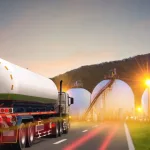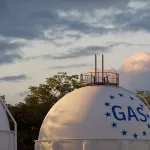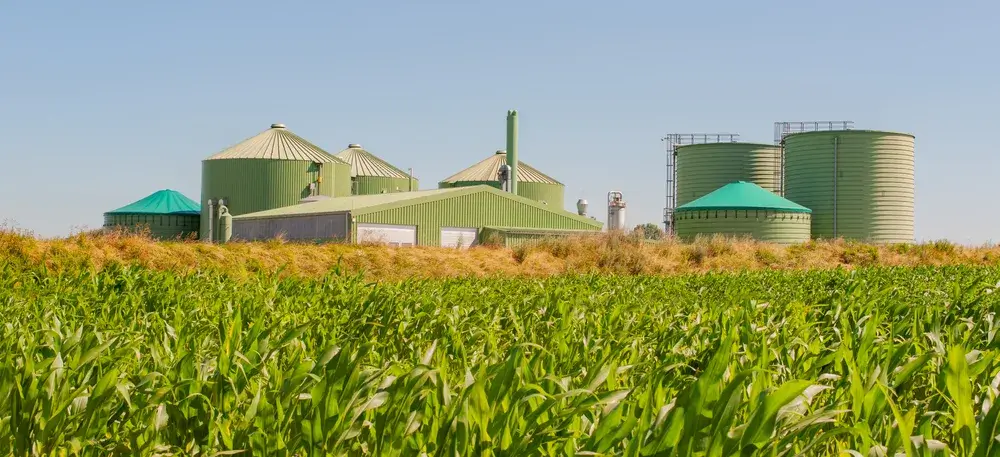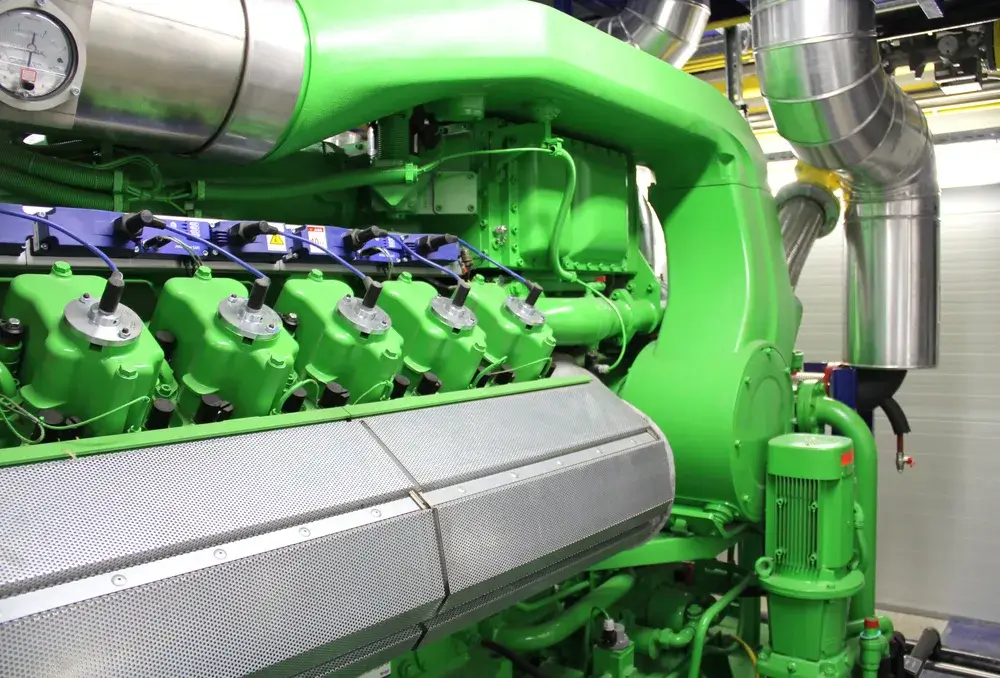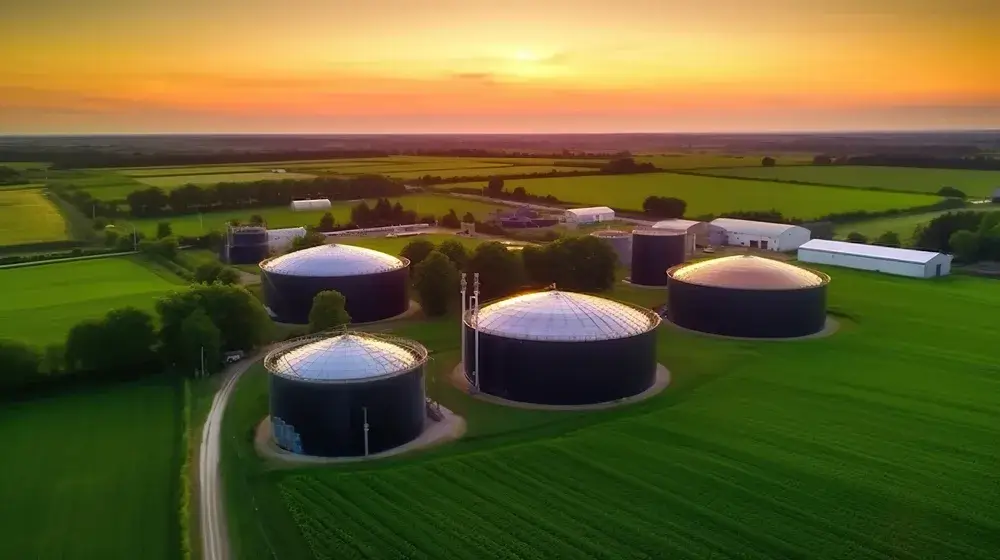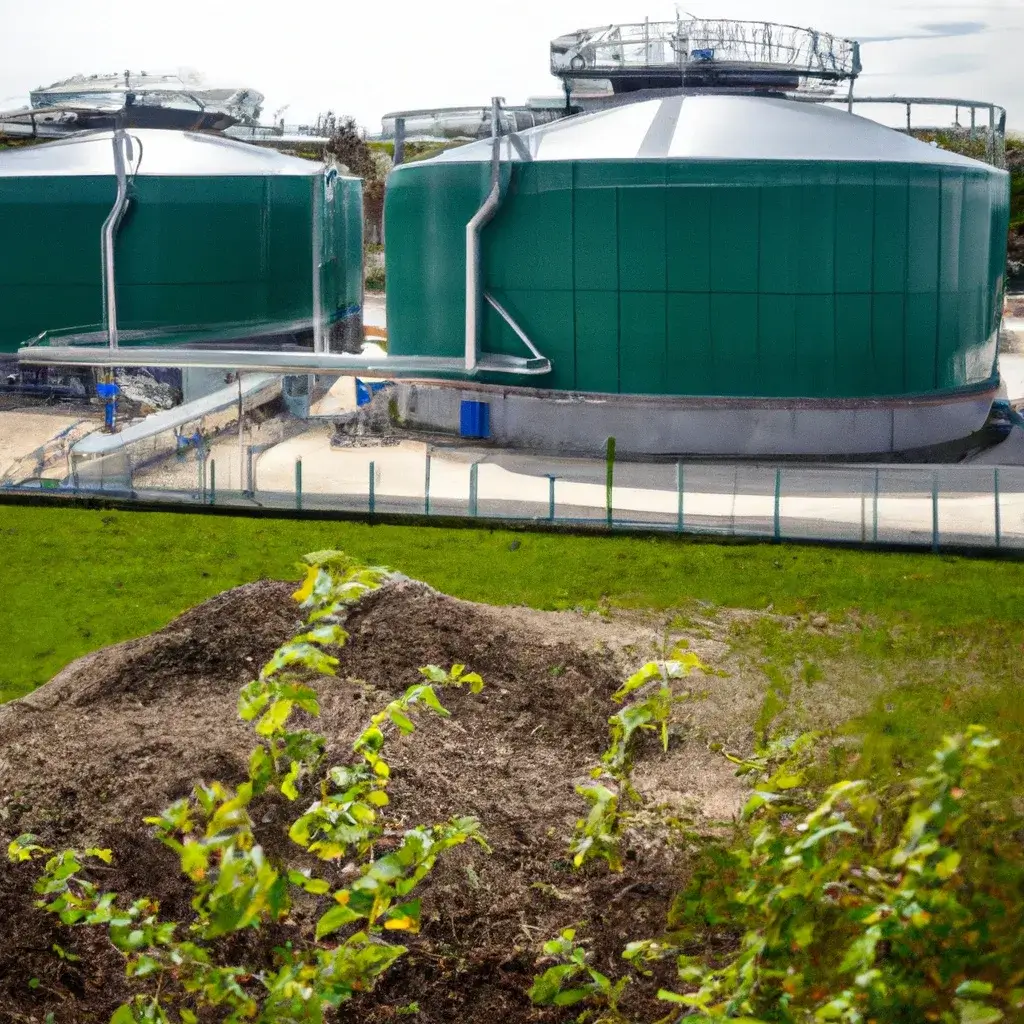What is the chemical formula of natural gas?

Natural gas is considered one of the primary energy sources worldwide and plays a crucial role in modern energy supply. However, behind the general term “natural gas” lies a complex composition of various chemical compounds.
At the core of this mixture is methane, but what is the exact natural gas formula? And what other components are contained in it? In this article, we delve into the chemistry of natural gas to answer these questions.
Natural Gas – More than just a formula
Do you know how Natural Gas is formed? Natural gas is a natural resource that mainly consists of methane and is frequently found in underground rock formations. While methane is the predominant component, the composition of natural gas varies depending on its geographical source.
This means that in certain regions, additional components such as ethane, propane, or even nitrogen can be present in varying quantities. These variations are the result of geological processes and the history of the specific gas deposit.
Methane – The Core Component of Natural Gas
Methane, with the chemical formula CH₄, is the primary molecule found in natural gas. As the smallest and simplest hydrocarbon compound, it possesses specific physical and chemical properties that make it an extremely valuable energy source. Its ability to release a significant amount of energy upon combustion, along with its cleaner combustion compared to other fossil fuels, establishes methane as the principal component of natural gas and a globally crucial energy source.
Accompanying substances in natural gas
In addition to methane, natural gas also contains other hydrocarbon compounds such as ethane (C2H6), propane (C3H8), and butane (C4H10). These molecules are often referred to as accompanying substances and can occur in different concentrations depending on the specific gas source.
While they are present in smaller quantities compared to methane, they still have a significant role, particularly when natural gas is processed or refined to produce specific products like liquefied petroleum gas.
The science behind natural gas
Natural gas is formed through the decomposition of organic matter under high pressure and over long periods of time. This process is chemically complex and involves a series of reactions and transformations. When natural gas is extracted, it is crucial to understand its chemical composition, not only to harness its energy properties, but also to ensure its safe and efficient handling.
Understanding the chemistry of natural gas is also crucial for minimizing potential environmental impacts, particularly in relation to methane emissions.
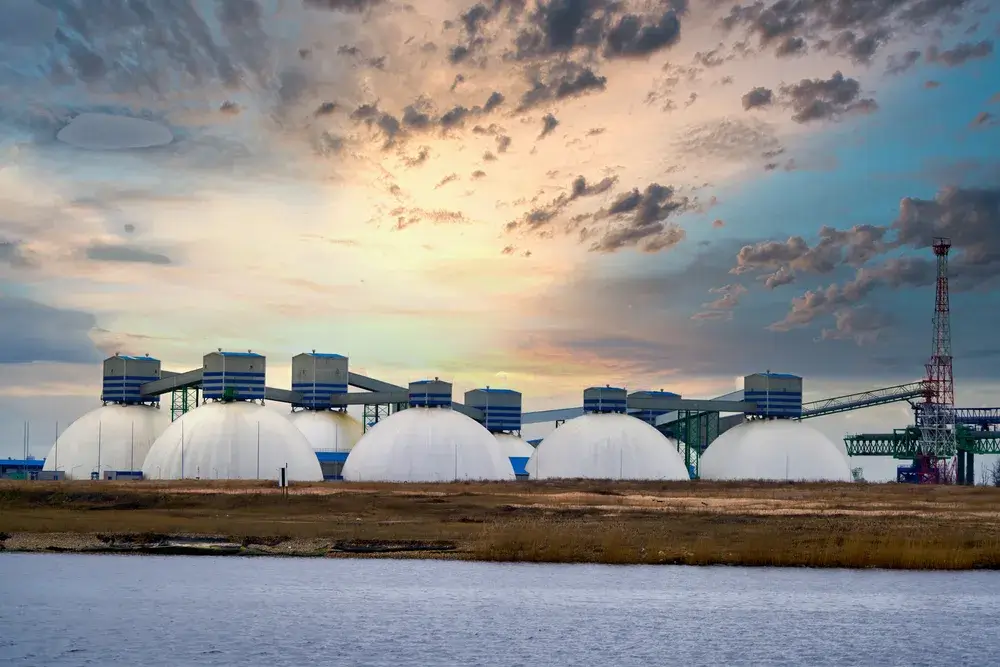
Practical applications – Why the formula is important
The pros of natural gas include its specific chemical composition, which dictates its wide range of uses in power generation, heating, and more, while also allowing for an assessment of its environmental impacts, especially regarding greenhouse gas emissions.
Additionally, technological advancements have made it possible to tweak or utilize this composition more effectively, leading to the development of energy solutions that are both more efficient and environmentally friendly.
PowerUP — Your partner for gas engines
With a range of gas engine solutions, PowerUP provides you with service and spare parts suitable for brands like INNIO Jenbacher®, MWM® and Caterpillar®. From specially designed gas engine spare parts to gas engine repairs, replacement engine, and even a container solution – thanks to our expertise in this field, our customers always benefit from the highest quality service.

